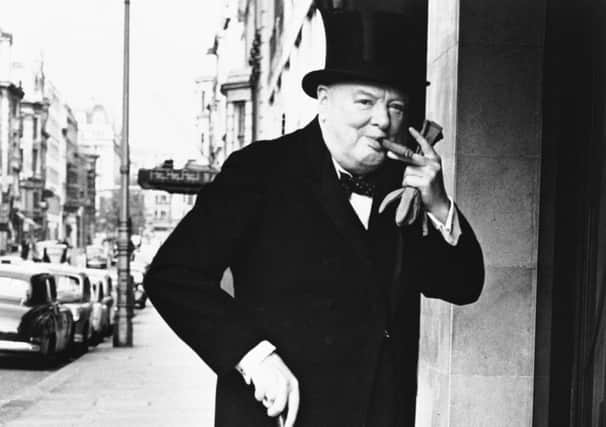Famous wills available to view online


The UK government is making its archive for England and Wales, which contains 41 million wills dating back to 1858, available to the public in a searchable database.
People will be able to use it to find out about their own family history, as well as looking up the wills of famous and influential people.
Advertisement
Hide AdAdvertisement
Hide AdThere have been two million searches of the site since soldiers’ wills were made available last year, and it is now possible to request a will online and receive an electronic copy within ten working days.
Among the wills to be made available is that of mathematician Turing, recently played by Benedict Cumberbatch in The Imitation Game, who died of cyanide poisoning in 1954. He left a short will with instructions to share his possessions between his colleagues and his mother.
AA Milne, who wrote Winnie-the-Pooh, gave shares of his future royalties and copyright to his favourite London club and a Westminster School when he died in 1956.
Peter Rabbit creator Potter left a lengthy and generous will reflecting her love for conservation and nature.
All 520,000 surviving wills and testaments registered in Scottish commissary courts and sheriff courts from 1500 to 1901 were digitised a decade ago. The inventories portion of the wills of famous Scots, such as Rob Roy McGregor, David Livingstone and Adam Smith, are already available to read online.
History researcher and writer Simon Fowler, who also teaches at Dundee University, said the documents could be very significant to both academics and individuals delving into their family history.
Although most of the wills relate to the rich, they are written by people of all classes, and offer the ease of research online rather than having to travel in person to archives.
Mr Fowler said: “Most people don’t have something to leave, but the wills give you some idea of who was in favour of the person making a will. They were often done a few days or weeks before they died and they might exclude children or include a mistress.
Advertisement
Hide AdAdvertisement
Hide Ad“They will be good for academics as well looking at what possessions people had and what they meant to them. This is a totally new resource and it’s adding something to people doing research on parents or grandparents.”
Mr Fowler added that the archive was promised 15 years ago but that it coming online still adds another “piece in the jigsaw”.
The next major trove of papers will be Second World War military records, that are still several years from being published on the internet.
Courts minister Shailesh Vara said: “This fascinating project provides us with insights into the ordinary and extraordinary people who helped shape this country, and the rest of the world.
“It is a fantastic resource not only for family historians but also for anyone with an interest in social history or famous figures.
“I am delighted that HM Courts and Tribunals Service are leading the way in innovation and are helping deliver a more modern and efficient public service.”